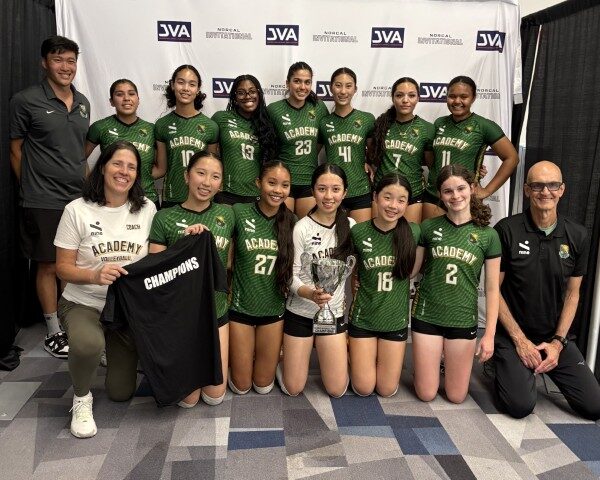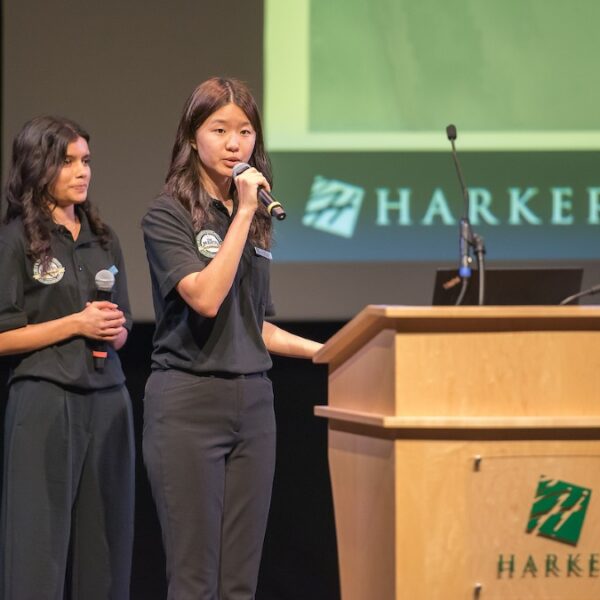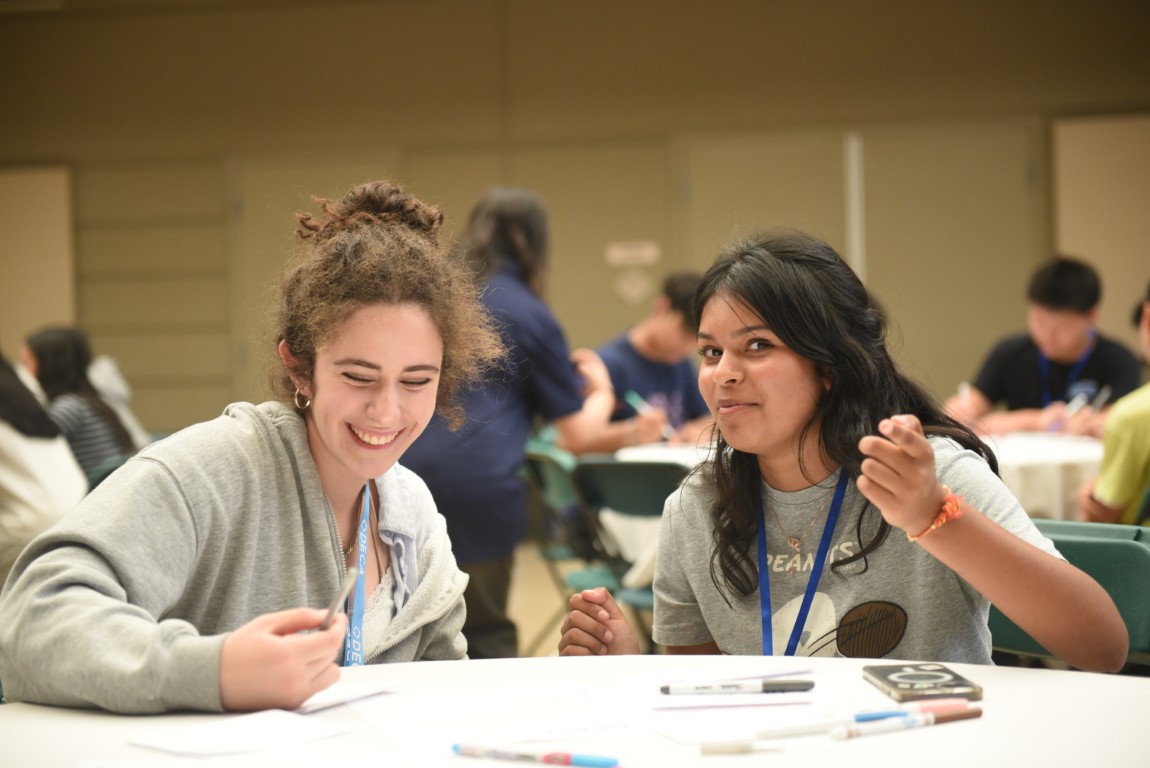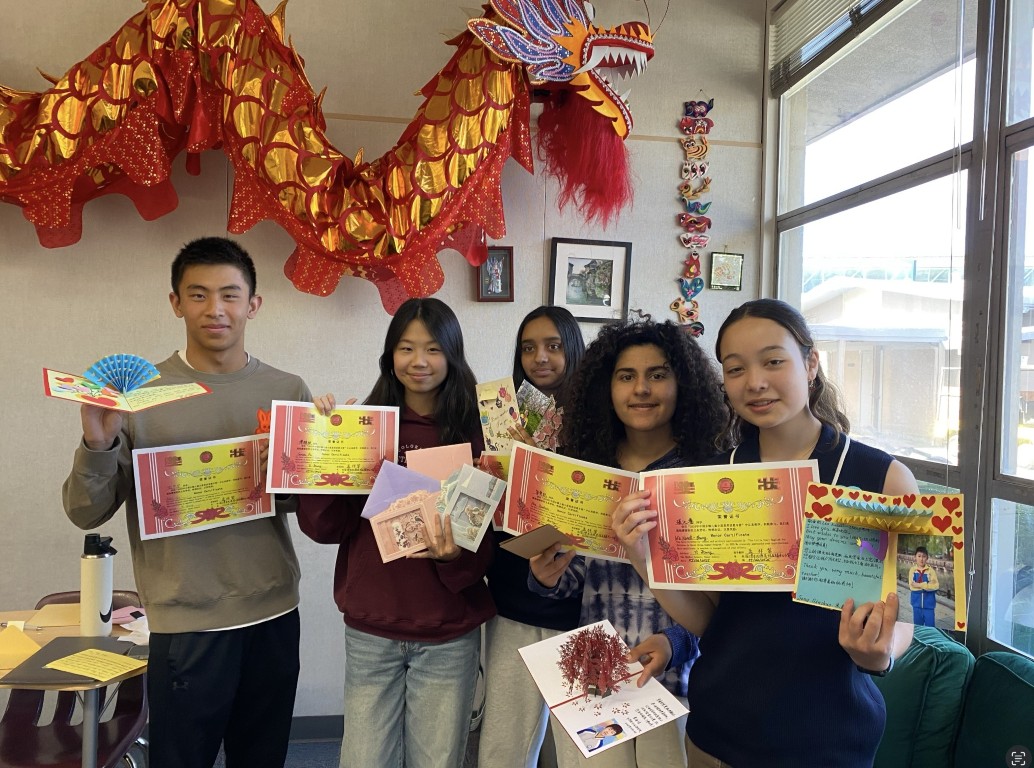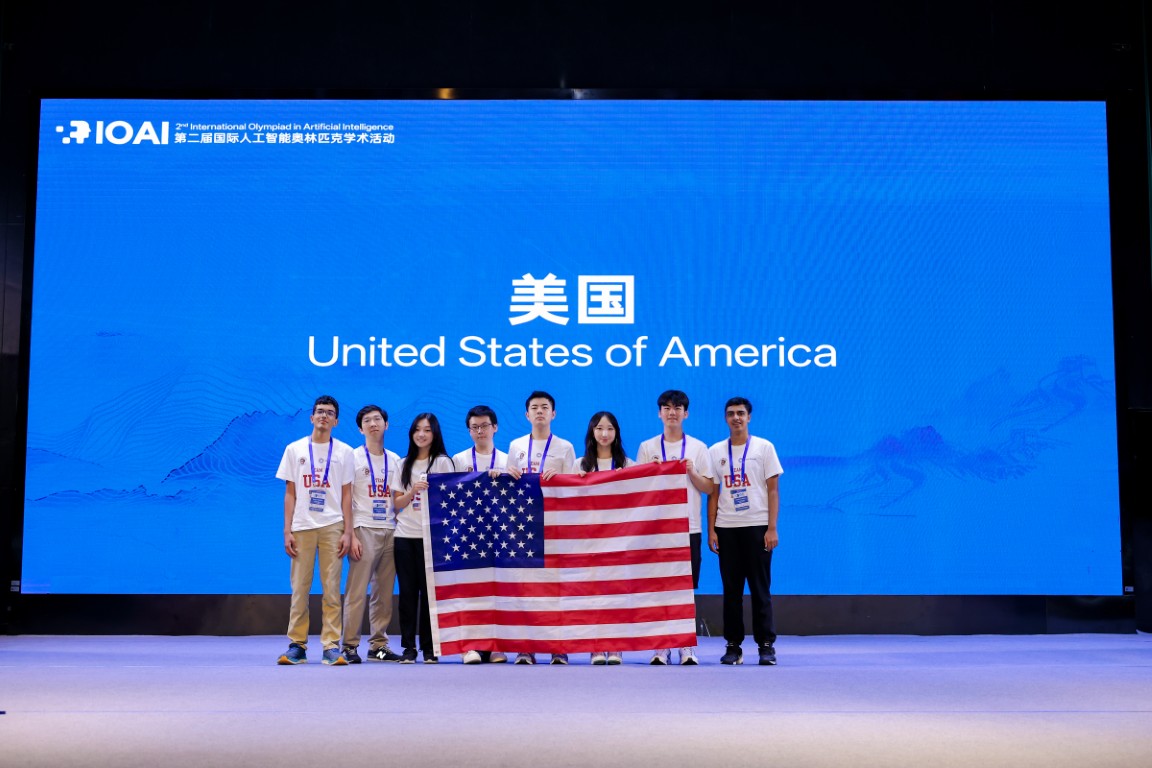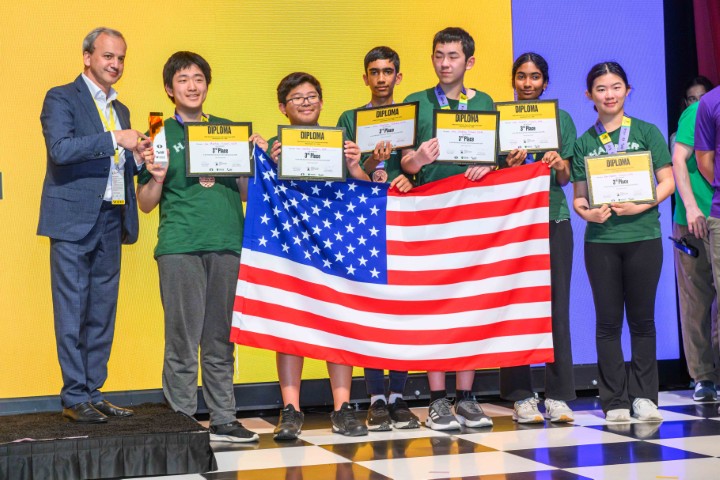More than 90 student clubs and organizations were featured at the annual upper school Club Fair, as representatives set up tables inside and outside Nichols Hall for a wide range of interests, including academics, hobbies and public service.
Latest News
Our Recent Instagram Posts
14th Concert Series opens with Kirsten Edkins Quintet
Kirsten Edkins and her quintet opened the 14th season of the Harker concert series at the Patil Theater on Sept. 5.
Siblings take first place at taekwondo competitions
Siblings Jonah Choi, grade 5, and Jolene Choi, grade 2, both took first place in their respective divisions at two USA Taekwondo championships.
In new record, 77 seniors named 2026 Nat’l Merit Semfinalists
The National Merit Scholarship Corporation announced that 78 Harker seniors – 40% of the entire class – have been named semifinalists in the 2026 National Merit Scholarship Program.
12th annual DECA Launch features talks, friendly competition
More than 80 students from the Class of 2029 participated in Harker’s 12th annual DECA Launch.
Eagle Update: Ahluwalia shines in volleyball season opener
See the latest on your Harker Eagles!
Chinese NHS Little Star program earns gratitude from students, school
Over the summer, Harker’s National Chinese Honor Society chapter held another session of its Little Star program, which offers tutoring in English to children in rural China via Zoom.
Senior wins silver medal at Int’l AI Olympiad
enior Lily Shi earned a silver medal earlier this month at the second annual International Olympiad in Artificial Intelligence in Beijing.
Upper school students, faculty formally begin school year at 2025 matriculation
Upper school students and faculty gathered at the Harker Athletic Center on Friday for this year’s matriculation ceremony, which formally started the 2025-26 upper school academic year.
Frosh fencer takes gold at Summer Nationals
In July, frosh Nora Buca became the national champion in Division III Women’s Epee at the USA Fencing 2025 Summer Nationals.
Harker students, alums triumphant in June-July volleyball tournaments
In June and July, 15 Harker students and three 2025 graduates competed at two major volleyball tournaments.
Harker chess team takes third at world schools championship
The competition featured 55 of the top school teams from around the world, hailing from 48 countries.

